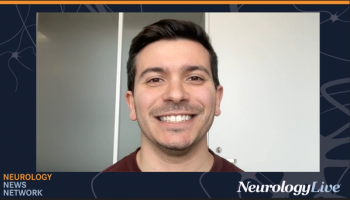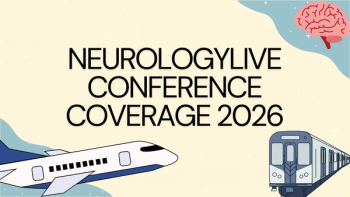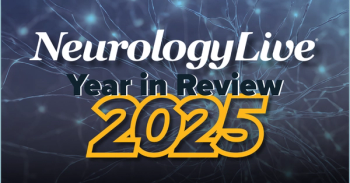
Patients’ Views on Alcohol as a Migraine Trigger
Migraine sufferers who are trying to cut back on alcoholic beverages in 2019 may find additional motivation for their New Year’s resolution.
RESEARCH UPDATE
Migraine sufferers who are trying to cut back on alcoholic beverages in 2019 may find additional motivation for their New Year’s resolution from a
The study was conducted in The Netherlands and found that many migraine sufferers avoid or substantially cut back on drinking alcoholic beverages, due to their presumed potential to trigger headaches. In particular, respondents in the survey pointed to red wine as the most common culprit.
“[O]ur study shows the effect that this trigger [e.g. alcoholic beverages] has on patients with over 25% of patients with migraine not consuming alcohol because of the (presumed) triggering effect,” wrote senior author Gisela Terwindt, MD, PhD, of Leiden University Medical Center, The Netherlands.
The unpredictability of when and how often migraine attacks occur can make many sufferers feel that they lack control over their lives. While genetics and biological factors like hormonal fluctuations may contribute, attacks are often triggered by external factors. These include lack of sleep, dietary patterns, and especially alcoholic beverages. But the issue has not been explored in much detail, especially from the patient’s perspective.
To gain a better understanding of migraineur views and behavior surrounding alcoholic beverages, researchers conducted a web-based questionnaire study. The study included responses from individuals who participated in the Leiden University Migraine Neuro-Analysis (LUMINA) study between February 2008 and January 2013. LUMINA is a study of Dutch adults with migraine with or without aura, recruited by advertisement, public announcement, or website.
The questionnaire asked about number of alcoholic beverages consumed, triggers for migraine, reasons for abstinence, and time from alcohol consumption to migraine onset.
Among 2197 respondents, 70.4% reported drinking alcoholic beverages in the past three months.
Among those who did not drink alcoholic beverages, about 25% had stopped drinking because of their presumed potential to trigger migraines.
A large majority of respondents (77.8%) considered wine, especially red wine, to be the most common alcoholic trigger for migraine. Yet only 8.8% of participants reported that drinking wine consistently lead to an attack.
This inconsistency between drinking wine and migraine attacks suggests that alcohol alone may not be enough to trigger attacks, according to the authors. Instead, individual variation in trigger threshold may play a role, they suggested.
Interestingly, about one-third of participants reported a quick onset of attack, within three hours of having a drink. The authors pointed out that this quick onset contrasts with hangover headache, which usually develops several hours later or the next day, as the blood ethanol level decreases over time. The shorter onset suggests a different mechanism for alcohol-triggered migraine, and that substances other than ethanol may be involved, they hypothesized.
The study had several potential limitations. The retrospective, cross-sectional design and reliance on self-report could have biased results. Also, most respondents were Dutch Caucasian and had a higher migraine burden than nonrespondents. So results may not generalize to a more diverse population, or across a range of migraine types and intensities.
Take Home Points
• Dutch survey of migraine sufferers found that over 25% who abstain from alcohol do so because of its presumed potential to trigger attacks
• Among alcoholic drinks, red wine was reported as the most common trigger for attacks
• Alcohol was inconsistently linked to attacks, suggesting individual variation in alcohol-triggered migraine threshold
• Onset of attack was quick, within three hours of a drink
References:
1. Onderwater GLJ, van Oosterhout WPJ, Schoonman GG, et al.
Newsletter
Keep your finger on the pulse of neurology—subscribe to NeurologyLive for expert interviews, new data, and breakthrough treatment updates.









